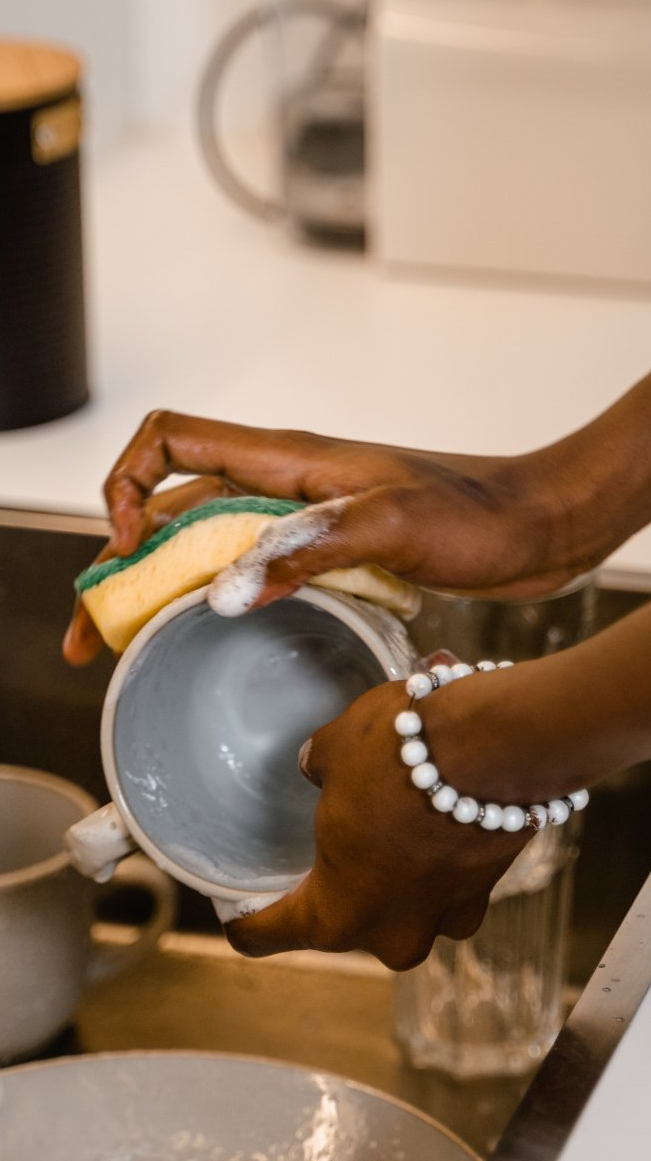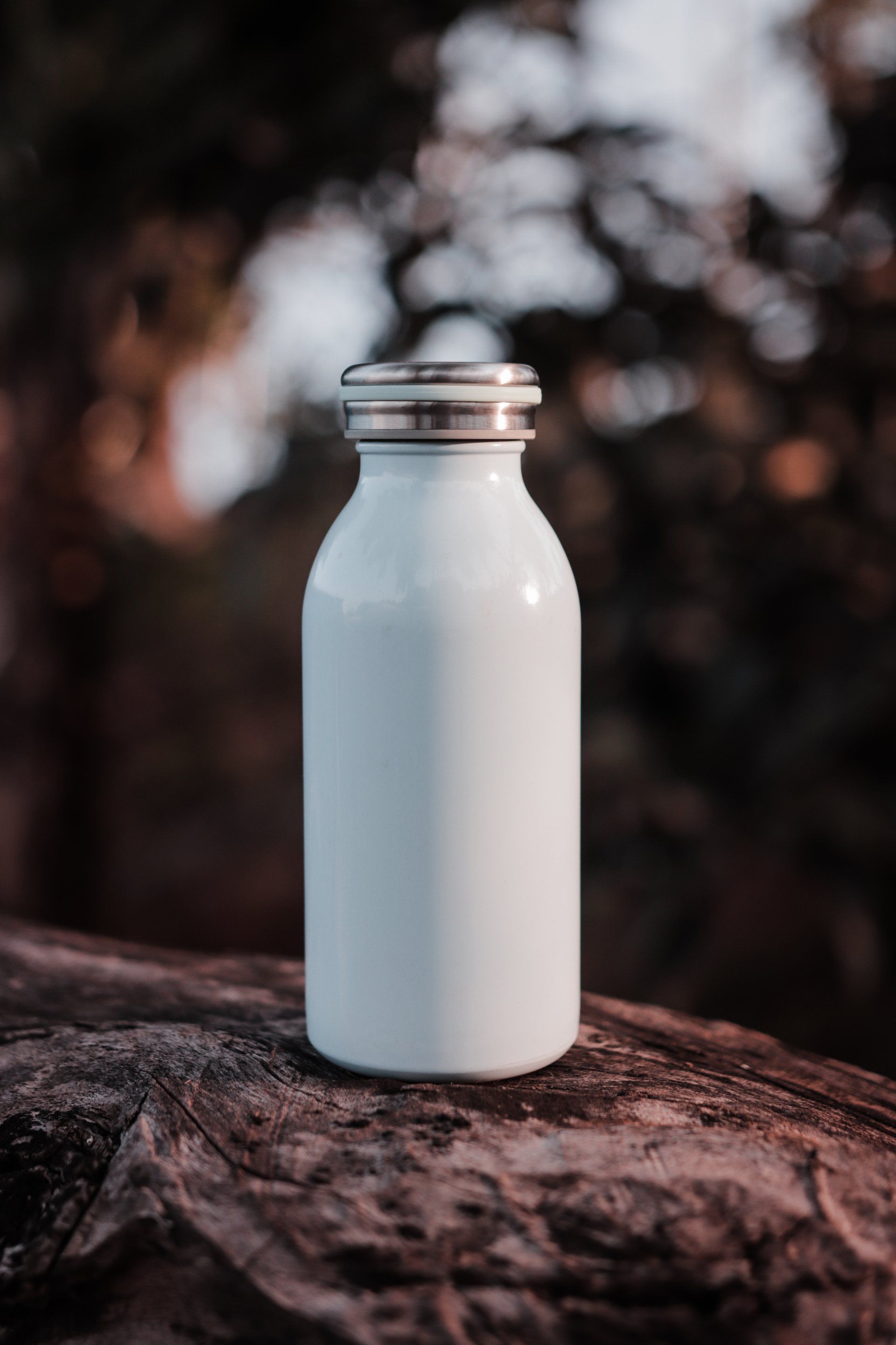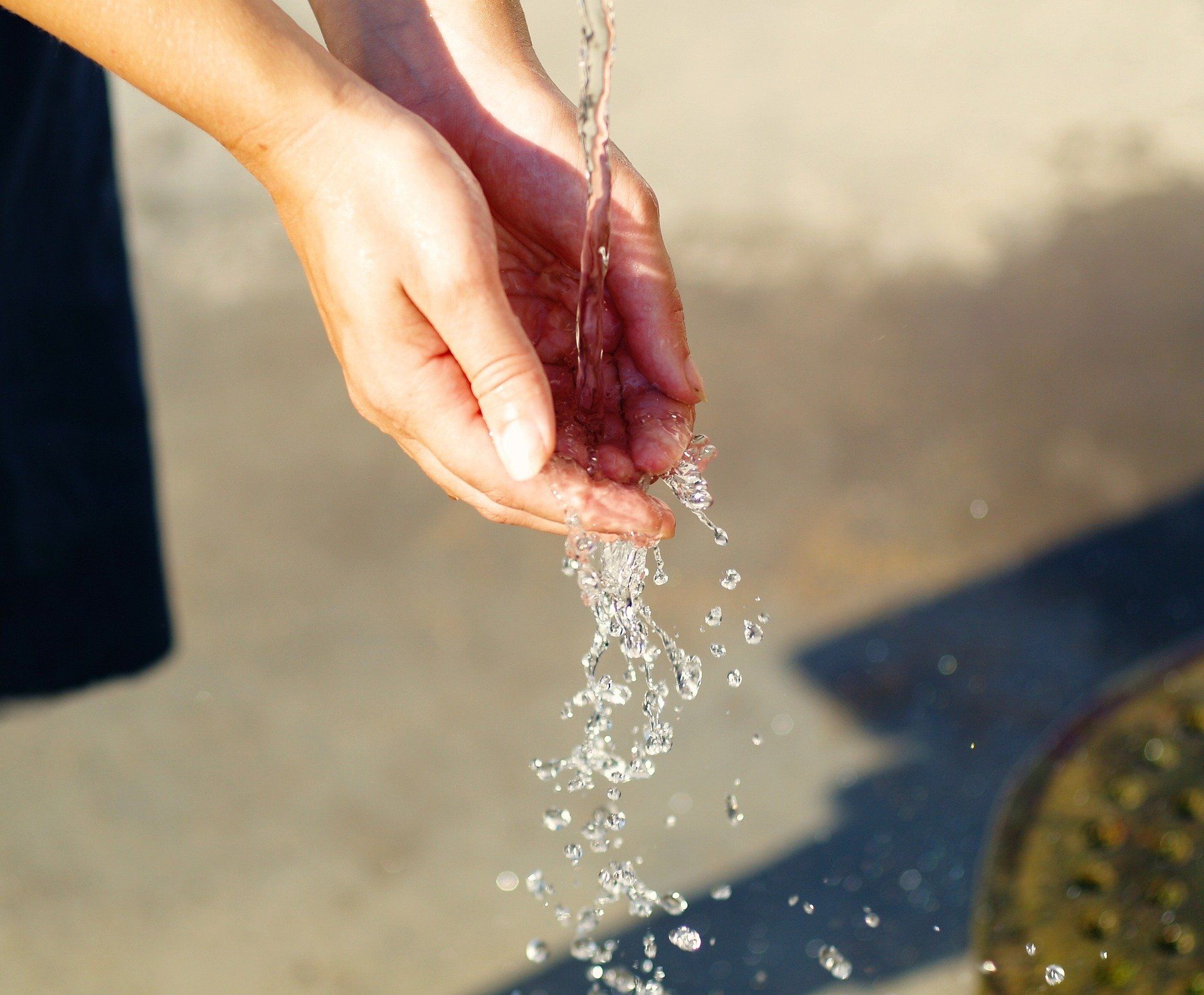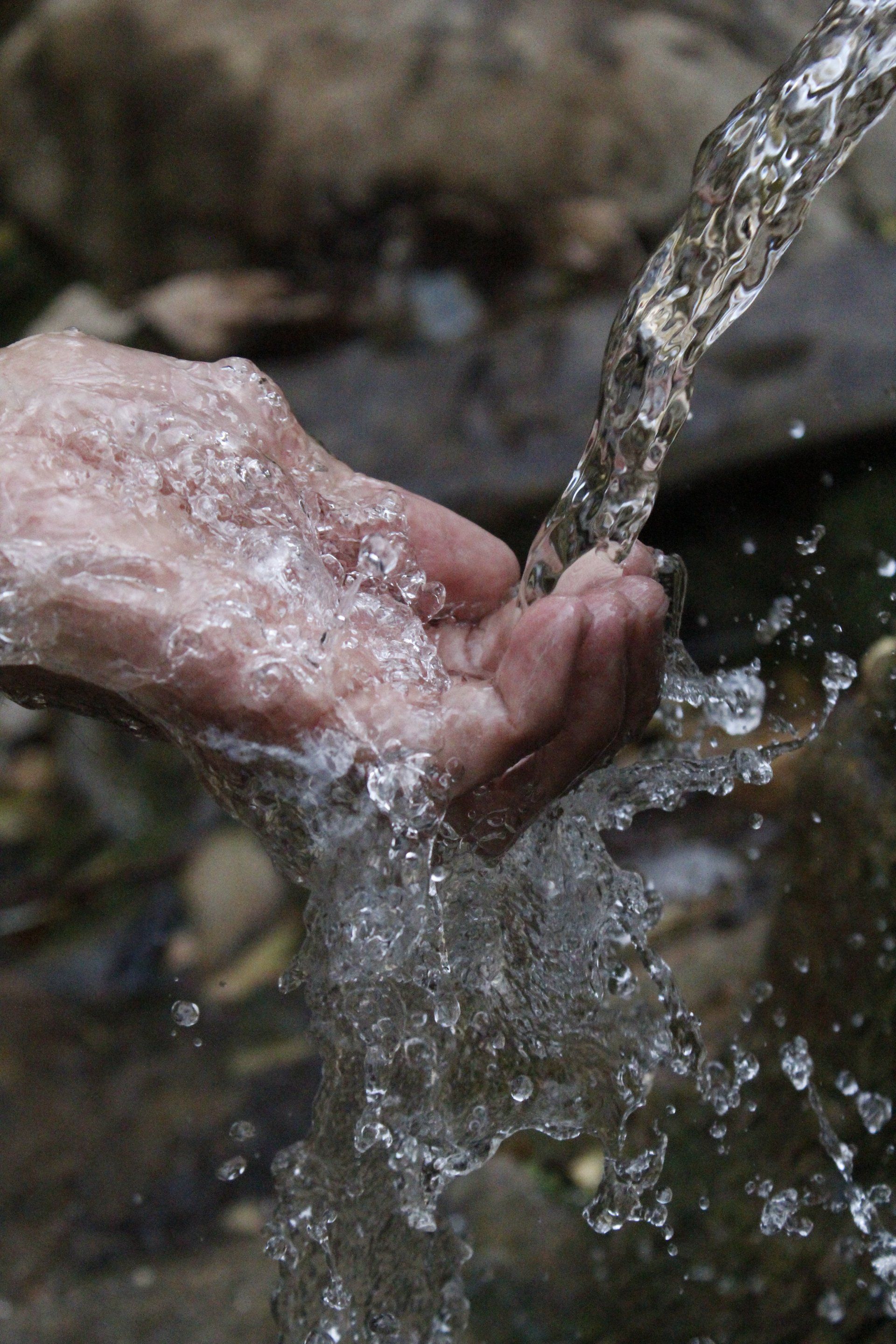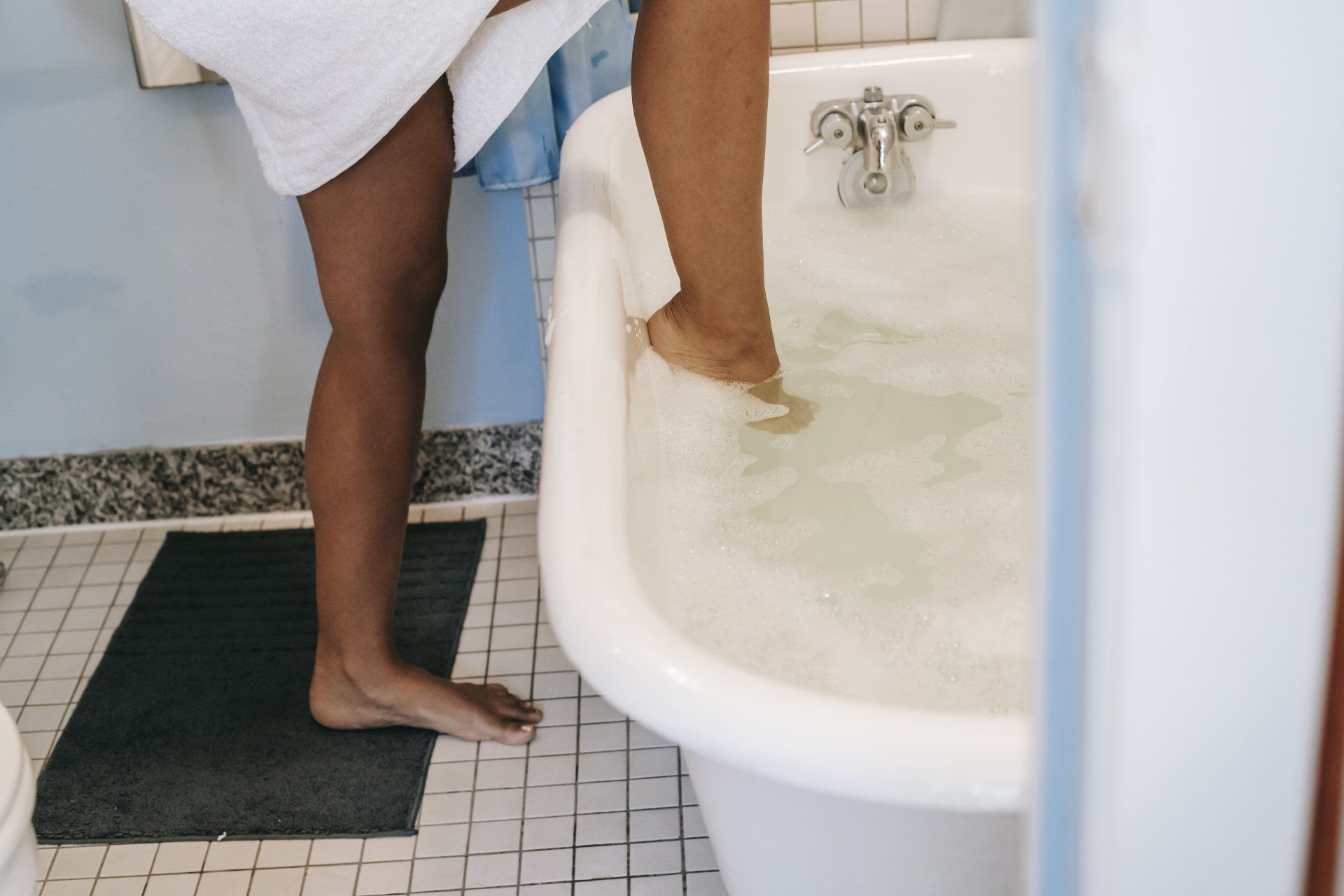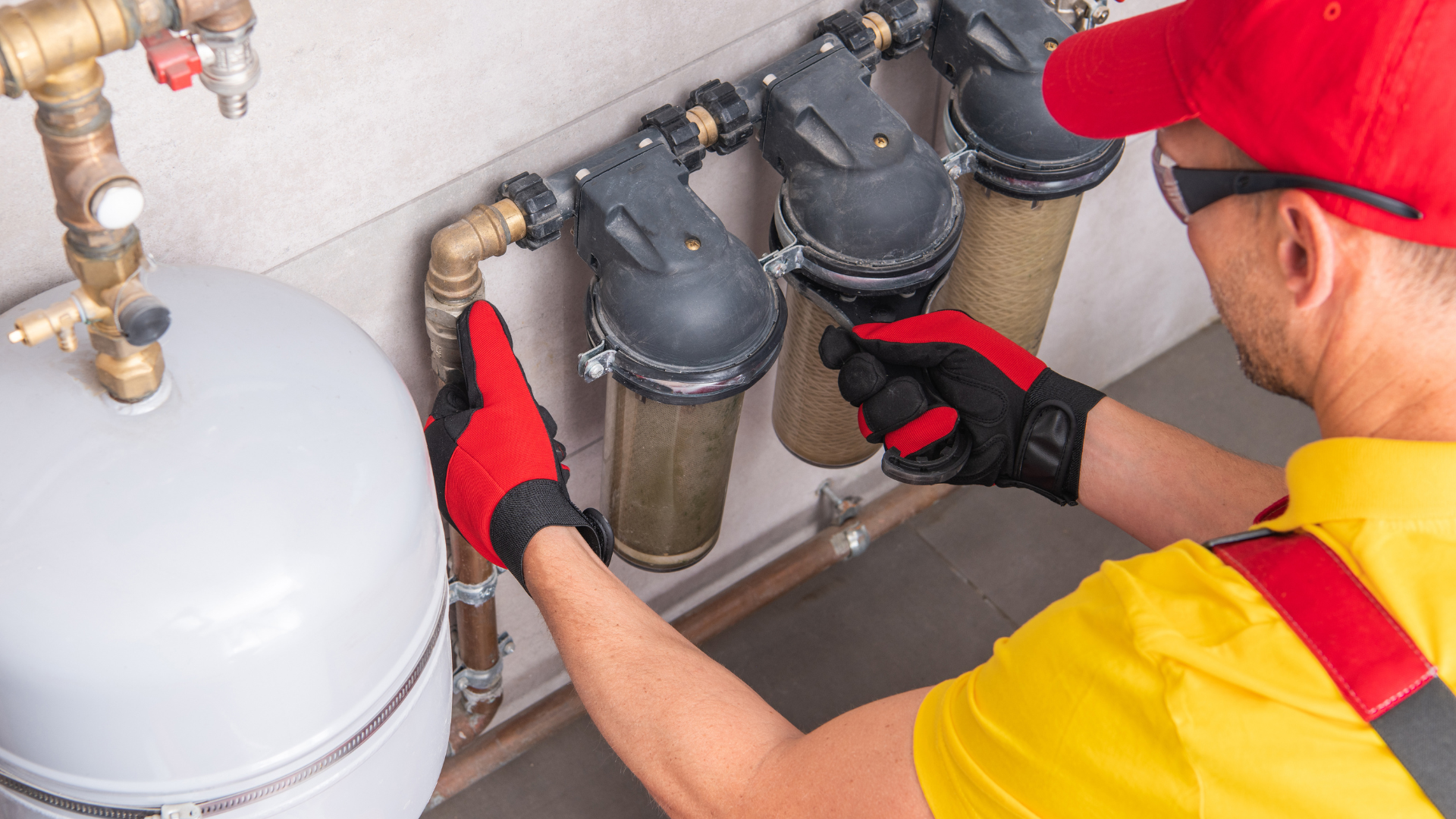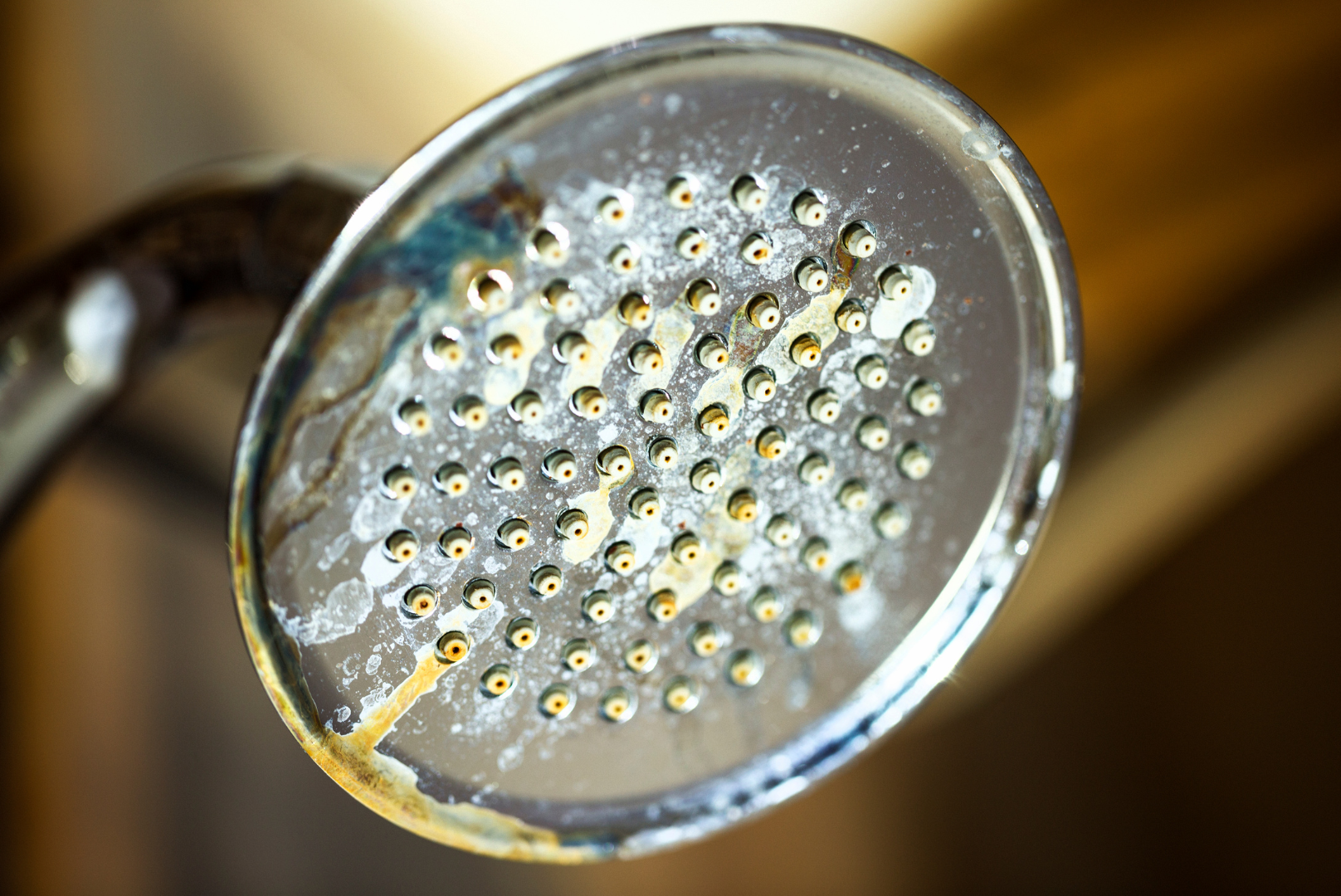4 Types of Water Treatment Systems for Home Use
Water Safety is a Priority
As a homeowner, your top priority is always making sure that everyone residing in your home is safe and healthy. Whether you’re a landlord, a family of five, or a happy parent to dogs and cats, the safety and purity of the water in your home is an essential part of this imperative. Given recent high-profile coverage of water contamination, water safety is likely on your mind now more than ever.
Fortunately for all of us, modern technology has afforded us several effective ways to treat our home water and ensure its safety for drinking, bathing, and cleaning. At the same time, you might find yourself wondering which option is best for you. Let’s take a closer look at four common types of water treatment systems and examine which might be right for you.

1. Water softeners
Hard water is the most common home water issue in America, affecting an estimated 85% of the population. Hard water is usually not a cause of major health problems, but it can be a severely aggravating and potentially costly issue for homeowners.
If you’re tired of soap and detergents that do not work properly, irritated skin, brittle hair, and corroded pipes, a water softener is likely the perfect solution.

2. Reverse osmosis filtration
If you have reason to believe that your water might be contaminated by pesticides, arsenic, lead, or any other toxic chemicals, a reverse osmosis filtration system is an effective and economical solution.
Reverse osmosis filtration systems work by forcing your water through a semipermeable membrane that only allows pure water molecules to pass through. Even dissolved contaminants are expelled through reverse osmosis, meaning that your water has a much higher level of purity than before.
Reverse osmosis filtration systems are also extremely effective in homes that aren’t contaminated, but have water that tastes overly chlorinated or has a foul odor.
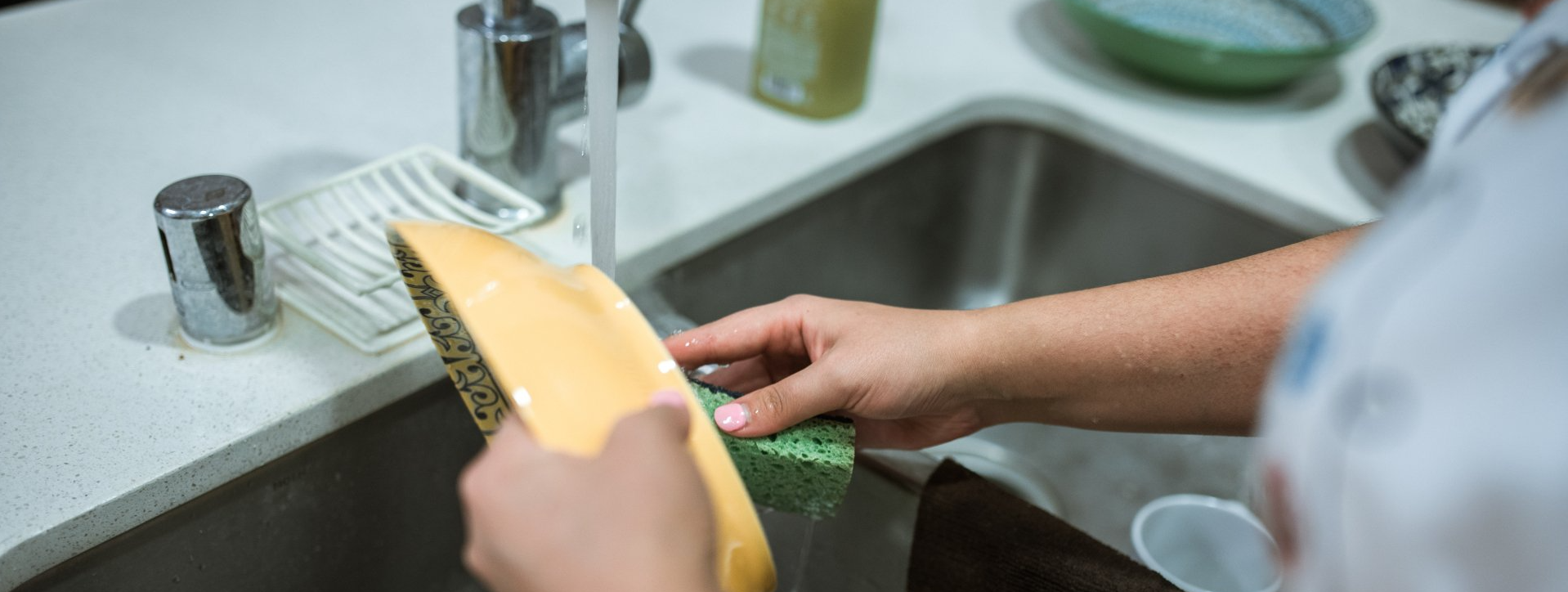
3. Ultraviolet Disinfection
Well water and other privately sourced water is especially vulnerable to contamination by harmful pathogenic microorganisms such as E. coli, giardia, and hepatitis. These microorganisms can be potentially fatal if consumed by humans and pets alike. Even municipal water sources that are treated before the water reaches your home have the potential to carry harmful bacteria and other microorganisms.
Ultraviolet (UV) disinfection is extraordinarily effective for killing off harmful microorganisms, even chlorine-resistant strains such as Cryptosporidium. The system works by forcing water through a tube that batters the microorganisms with UV light, killing and rendering them inert. This is an excellent choice for homeowners who would like to avoid chemically treating their water.
Since UV disinfection only serves to kill microorganisms, it should be used in conjunction with a filtration system that removes sediments from the water as they are not affected by the UV light and can reduce the effectiveness of the UV disinfection system.

4. Activated Charcoal Filters
There are a number of different types of water filters, but we will focus on activated charcoal filters as we find them to be among the most resilient and effective water filters on the market. Activated charcoal filters contain carbon that has been heat or steam treated in order to increase the surface area of the carbon and thus increase the amount of contaminants it can absorb from water.
They are effective at removing contaminants such as sediment, PFOs, chlorine byproducts, pesticides, pharmaceuticals, and a wide variety of other harmful chemicals. If you are considering using a UV disinfection system, activated charcoal filters are an excellent choice for pre-treating the water before sterilization.
There are a lot of different systems to choose from and it can be difficult for many homeowners to decide what type of system is best for their situation. If you have questions, please feel free to contact us at any time. We’ll work with you to find a solution that provides your home with the best protection possible.



